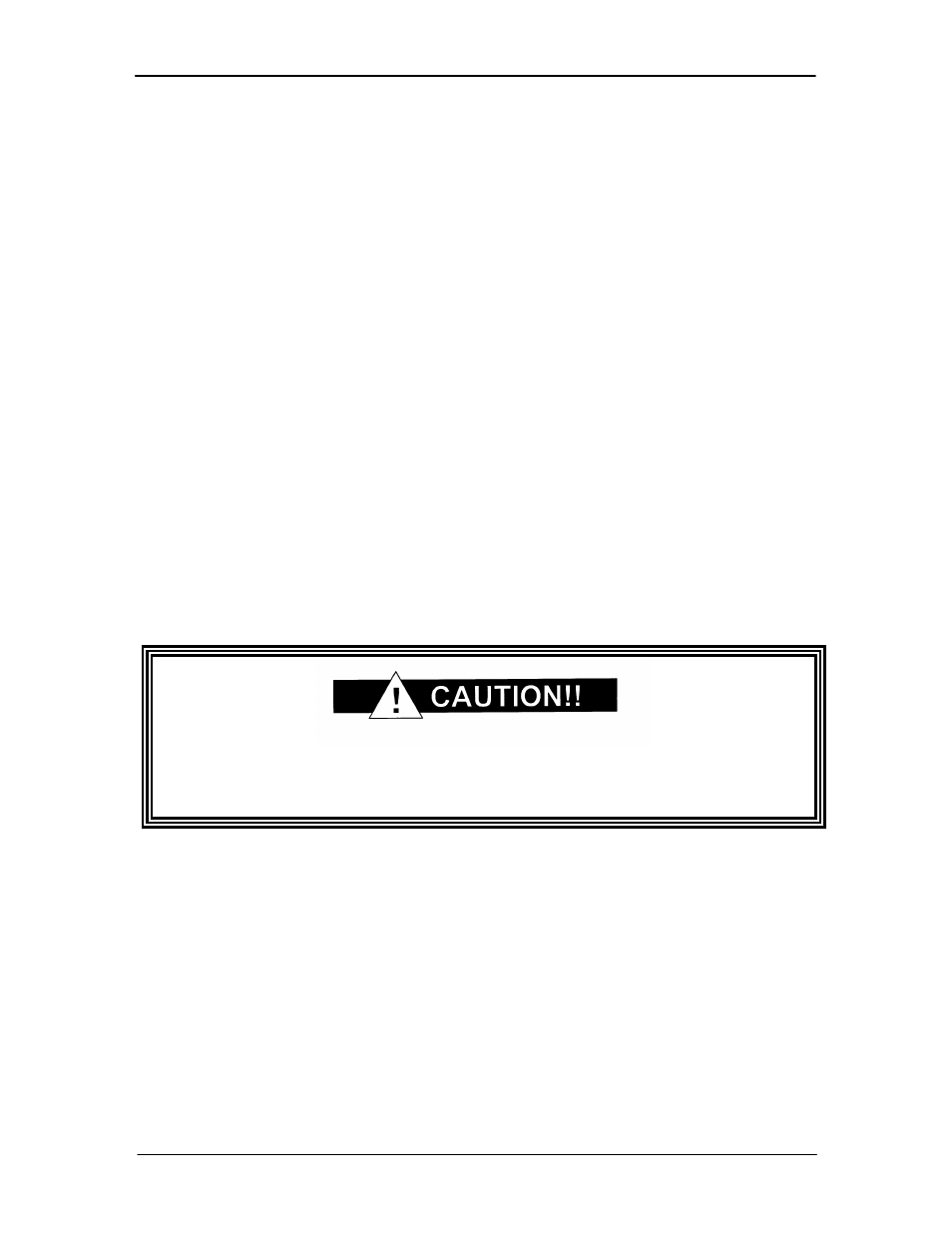Comtech EF Data OMS11 User Manual
Page 68

OMS11 1:1 Redundancy Switch
Appendix B
TM133 – Rev. 1.1
B-
5
B.0.4 Global Response Operational Codes
In acknowledgment (response) packets, the operational code
packet is set to 0 by the receiving devices when the message intended for the device is evaluated
as valid. The device that receives the valid message then exchanges the
received, and returns the packet to the originator.
This "GOOD MESSAGE" opcode is one of nine global responses. Global response opcodes are
common responses, issued to the M&C computer or to another device that can originate from and
are interpreted by all Radyne equipment in the same manner. These are summarized as follows
(all opcode values are expressed in decimal form):
RESPONSE OPCODE DESCRIPTION
OPCODE
Good Message
000
Bad Parameter
255
Bad Opcode
254
Bad Checksum
253
Command Not Allowed in LOCAL Mode
252
Command Not Allowed in AUTO Mode
251
Bad Destination
250
Unable to Process Command
249
Packet Too Long
248
Table 2. Response OPCODES
B.0.5 Software Compatibility
The DMD15 RLLP is not software-compatible with the following previous Radyne
products: RCU5000 and DMD4500. These products may not occupy the same bus
while using this protocol as equipment malfunction and loss of data may occur.
The COMMSPEC, operating in conjunction within the RLLP shell, provides for full forward and
backward software compatibility independent of the software version in use. New features are
appended to the end of the DATA field without OPCODE changes. Older software simply
discards the data as extraneous information without functional impairment for backward
compatibility.
If new device-resident or M&C software receives a message related to an old software version,
new information and processes are not damaged or affected by the omission of data.
The implementation of forward and backward software compatibility often, but not always,
requires the addition of new Opcodes. Each new function requires a new Opcode assignment if
forward and backward compatibility cannot be attained by other means.
